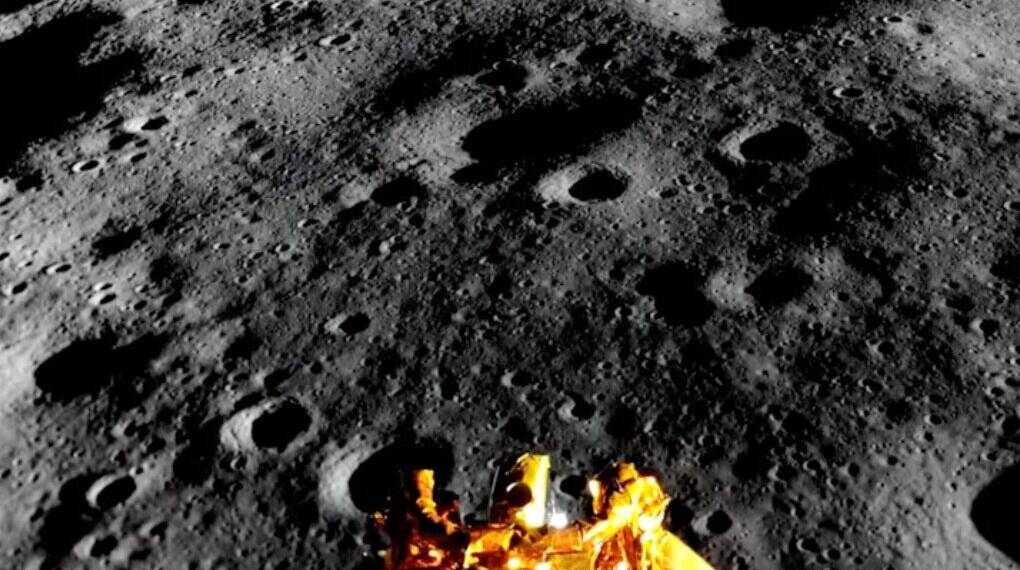In a major stride for lunar exploration, Spanish technology company GMV (Grupo Mecánica del Vuelo) has unveiled a revolutionary navigation system called LUPIN, designed to provide real-time positioning on the Moon for rovers and astronauts. The system functions similarly to Earth’s GPS, allowing users on the lunar surface to accurately pinpoint their location without relying on Earth-based communications.
LUPIN—short for “Enabling High-Performance PNT in the Lunar Environment”—was developed as part of the European Space Agency’s Navigation Innovation and Support Program (NAVISP). The system addresses one of the most critical challenges in lunar missions: the absence of reliable, autonomous navigation. Until now, lunar explorers have depended on delayed and complex location data relayed from Earth, limiting their ability to navigate independently and efficiently.
By leveraging signals from satellites orbiting the Moon, LUPIN offers real-time location tracking that is vital for missions operating in difficult terrain, such as the Moon’s south pole and far side. These regions are prime targets for future scientific exploration and human settlement, making accurate navigation a necessity.
Field testing of LUPIN took place from April 27 to May 8, 2025, in La Oliva, Fuerteventura, a site chosen for its rocky, barren landscape similar to that of the Moon. The tests simulated various lunar conditions, including different lighting scenarios, to rigorously evaluate the system’s performance. According to GMV, the trials successfully demonstrated the system’s ability to track movements over several kilometers at a range of speeds, from the slow pace of traditional rovers to faster, next-generation models.
The introduction of LUPIN is seen as a key enabler for sustainable human activity on the Moon. It enhances mission safety, supports autonomous operations, and lays the groundwork for more ambitious goals such as lunar mining, scientific outposts, and even tourism. Furthermore, it could serve as a foundational technology for future missions to Mars and beyond.
With the launch of LUPIN, GMV cements its role as a leader in space navigation technology and contributes significantly to Europe’s efforts to establish a long-term presence beyond Earth.








